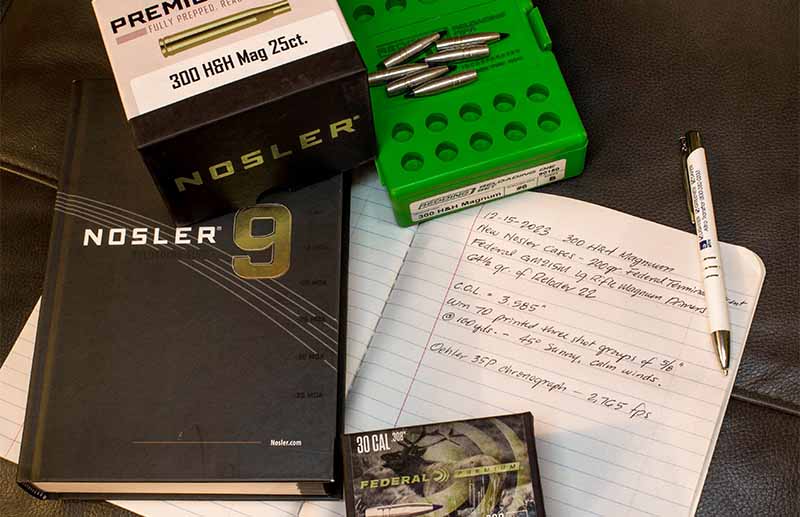Drywall installation costs range from $1.50 to $3.00 per square foot. Most homeowners pay an average of $2,000, with prices ranging from $400 to $3,000. In this guide to sheetrock installation, uncover the factors that influence the cost of drywall installation.
When You Should Install Drywall
Drywall goes by many names, including sheetrock, gypsum board, wallboard, and plasterboard. Whatever you call it, it’s a popular choice for walls and ceilings.
New Construction Projects
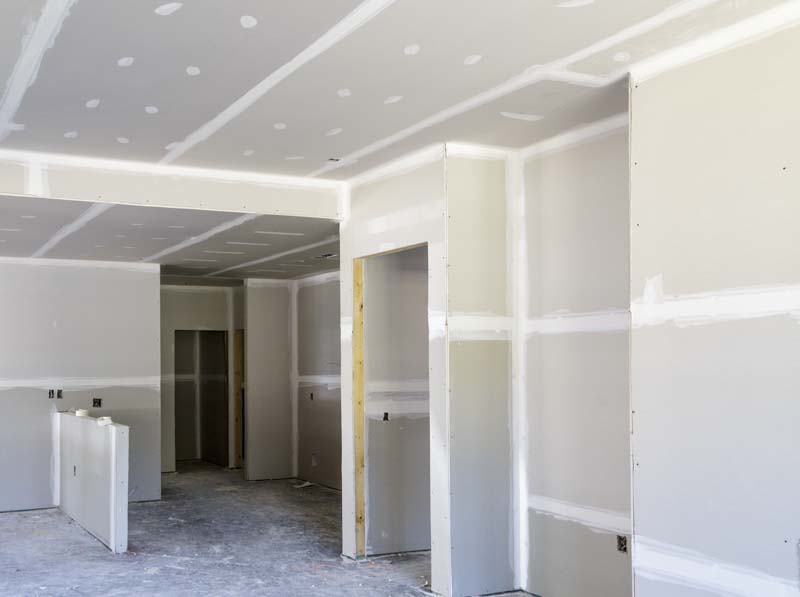
In new construction, builders use drywall on walls and ceilings to cover studs and insulation, providing a smooth, paintable surface. You usually find it in both residential and commercial buildings, and because it’s so versatile, you can customize it to accommodate various styles and aesthetics.
Home Renovations and Remodeling
Whether you’re remodeling your bathroom or fixing up your garage, sheetrock is an economical choice for all types of home renovations. It can be finished in various ways depending on the application.
Water Damage or Mold Remediation
As with many building materials, exposure to moisture makes it susceptible to mold and mildew. You can use special types of mold-resistant drywall in kitchens and bathrooms, but in cases where water damage has occurred due to flooding or broken pipes, you’ll have to replace entire sections.
Don’t let a leaky roof damage your drywall ceiling. Here are 10 signs that you need a new roof.
The Benefits of Drywall Installation or Replacement
Drywall became widely used in the mid-1900s as an alternative to lath and plaster, and it has remained popular for many reasons. Take a look at the benefits of installing or replacing drywall.
Aesthetics and Property Value
Once you’ve textured and painted sheetrock sections, they’ll enhance the aesthetics of any room and add value to your home. You can also finish drywall in many different styles, and the smooth, paintable surface serves as a canvas for your home’s interior.
Energy Efficiency and Insulation
While insulating your home isn’t the primary function of drywall, it does make it more energy efficient. Even though ½ inch sheetrock has a relatively low R-value of about 0.5, it reduces air infiltration and mitigates heat transfer.
Soundproofing
Sheetrock is better for soundproofing rooms than other types of wall panels. If you’re installing sheetrock for soundproofing, the thicker drywall you install, the better. Some types of panels, like purple board drywall, are rated higher for soundproofing.
Fire-Resistance
Sheetrock is naturally fire-resistant, but it’s not all created equal. Some types of drywall resist fire longer than others.
All drywall contains fire-resistant materials, but regular drywall disintegrates at extremely high temperatures. For increased fire resistance in certain applications, choose Type C fire-rated panels. It has glass fibers in it that prevent disintegration.
Check out our tips on improving your inside drywall corners!
Low Maintenance and Repair
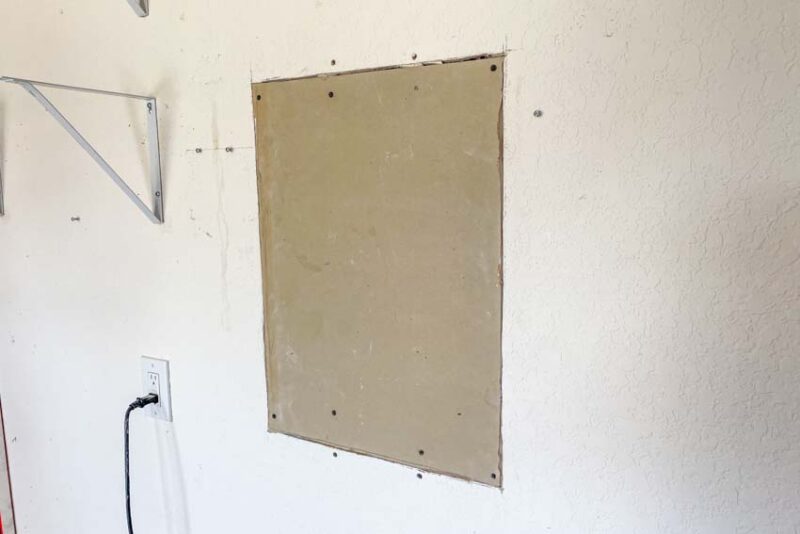

Sheetrock requires very little maintenance, and unlike some types of wall panels, it’s resistant to buckling or warping. It can be freshened up with a new coat of paint every 3 to 5 years to maintain its appearance.
Drywall is also easy to repair. If it’s damaged or you’re remodeling your home, drywall can be refinished, saving homeowners a lot of money versus the cost of new drywall installation.
Factors in Calculating Costs of Drywall Installation
The average price for drywall installation depends on several factors, including labor costs, material costs, location, and the complexity of the project.
Labor Costs
Drywall labor costs vary based on your region, market demands, and the experience level of installers. Most professional installers base their drywall cost estimate on the square feet of a room or building.
On average, drywall installers earn $50 to $100 per hour. Experienced contractors are faster and provide better results.
Material Costs
The cost to sheetrock a room or building also depends on the type of materials. The most significant determiners of material costs are the type and thickness of panels. On average, a 4×8 drywall panel costs $10 to $20.
Installed and finished, the average price is $60 to $90 per sheet. An average room takes about 18 sheets and costs about $1,000 to $1,600.
Location and Regional Variations
The price to install sheetrock varies depending on your location and region. Travel expenses will add to drywall installation costs, and regional market factors affect labor and material prices.
Complexity of the Project
The scope and complexity of the project affect the drywall installation cost. The average cost of drywall is typically based on installation, taping, and two layers of joint compound. If your project requires a smoother finish, it will cost more because it will take longer to install. Complex architectural features also add to the installation time.
Permits and Inspections
When you get a professional drywall quote, it may include the cost of permits and inspections. If it doesn’t, check with your local city office to determine if you need a permit to install or replace drywall. Where required, the average cost of permits and inspections for sheetrock installations is $50 to $100.
Additional Drywall Installation Costs and Considerations
Here are some additional factors that influence the average cost of installing drywall.
Removing Existing Drywall
The cost to replace drywall includes removing existing drywall. Professionals charge about $0.75 to $1.50 per square foot to remove and dispose of old drywall materials. As long as you have sufficient DIY experience, you can ask drywall contractors how much you can save by removing existing drywall and taking care of it yourself.
Drywall Finishing
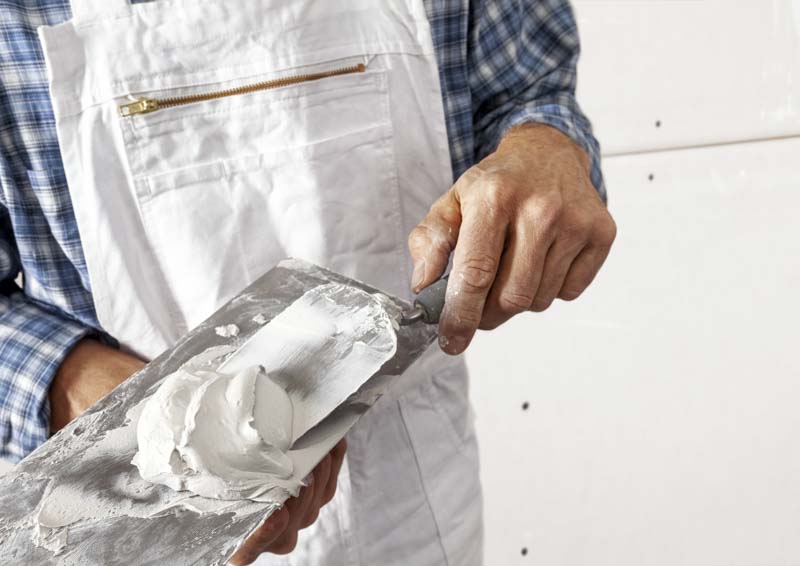

Drywall finishing includes taping, mudding, and sanding. The cost to hang and finish drywall depends on the type of finish you choose and the contractor’s experience level.
Price varies depending on the level of drywall finishing. You should agree with your contractor on one of the following levels of drywall finishing:
| Level | Description | Best for |
| Level 0 | Panel hanging only | Utility rooms |
| Level 1 | Seams taped and mudded | Attics, service corridors |
| Level 2 | One coat of joint compound | Garage, warehouse |
| Level 3 | Two coats of joint compound | Heavy texturing applications |
| Level 4 | Three coats of joint compound | Light texturing applications |
| Level 5 | Additional skim coat | For dark paints or light colors with a high sheen |
Repairs and Prep Work
Preparation for drywall installation can include everything from patching cracks and holes to squaring up walls and repairing structural issues. Masking off certain areas also takes time. The amount of prep work required before installing drywall influences your overall project cost.
Texturing or Painting
Texturing drywall is optional, but it’s economical because it doesn’t take as long as a smooth finish.
Some drywall installers will automatically include painting in their quote. Priming and painting finished drywall costs about $2.00 to $3.50 per square foot.
Cost of Drywall Installation Cleanup
Drywall installation is messy. In addition to removing existing drywall, you must contend with small pieces of sheetrock, debris, and dust. Construction cleaners charge about $30 to $50 per hour or about $0.10 to $0.50 per square foot.
If your home was built over 40 years ago, you may also encounter additional costs related to asbestos cleanup. Trained professionals charge between $1,000 and $3,000 for asbestos removal.
Types of Drywall and Prices
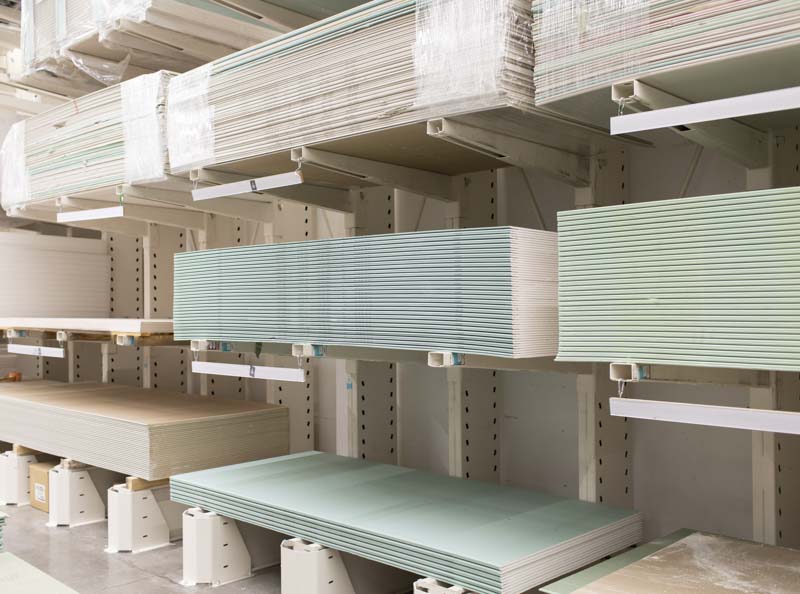

There are several types of drywall, and the cost of sheetrock installation depends on the price per sheet.
Types and Cost of Drywall Per Square Foot
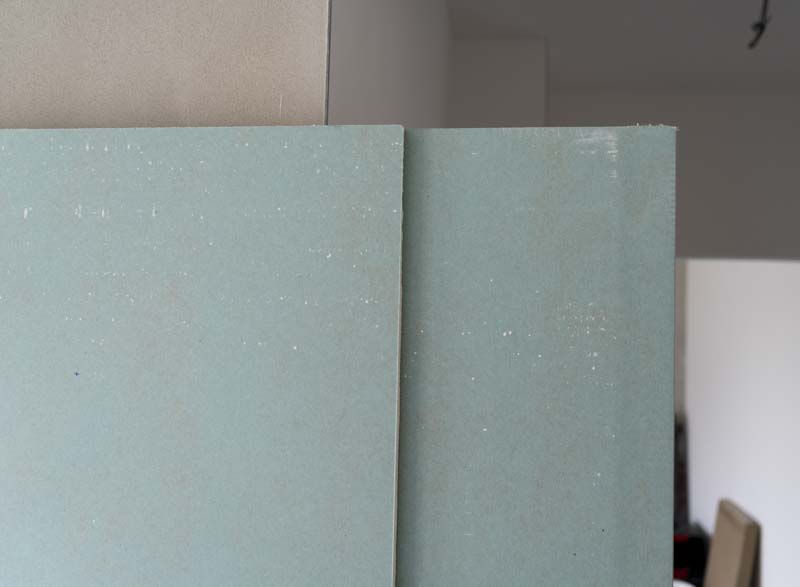

Professional drywall installers use the price per square foot to calculate the cost to drywall a house. Learn more about how to estimate costs using this method.
| Type of drywall | Best for | Cost per square foot |
| Standard drywall (½ inch) | Ultralight, best for walls in most rooms | $0.40 to $0.50 |
| Standard drywall (⅝ inch) | Best for ceilings | $0.50 to $0.65 |
| Greenboard drywall | Best for areas with moisture, including kitchens, bathrooms, attics, and basements | $0.50 to $0.65 |
| Blue board drywall(ToughRock) | Best for veneer plastering, offers excellent mold resistance and a smooth finish | $0.65 to $0.75 |
| Purple board drywall | Highly fire-resistant, mold and mildew-resistant, best for high moisture and high-use areas like bathrooms | $0.65 to $0.75 |
The average cost of drywall is $0.40 to $0.75 per square foot. The average sheetrock installation cost per square foot is $1.50 to $3.00.
You need about 8,000 to 9,000 square feet of drywall for a 2,000-square-foot home. Using the right type of drywall for specific areas will help reduce overall costs by hundreds of dollars.
Use green or purple board sheetrock in high moisture areas and standard drywall in the rest of your home. Ultralight ½ inch sheetrock costs much less than purple board and significantly lowers your gypsum board installation cost.
DIY Drywall Installation vs. Hiring a Professional
Drywall installation looks easy, but it can be challenging. Find out if it’s worth it to hire a professional versus doing it yourself.
Pros and Cons of DIY Drywall Installation
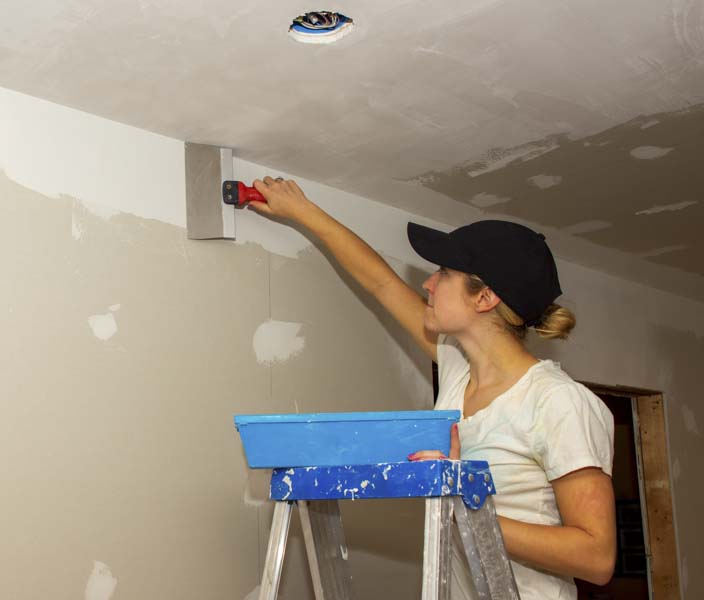

You can save a lot of money with DIY drywall installation, but if you’re not experienced, your mistakes may be hard to hide.
Benefits of Hiring a Professional
Professionals are more experienced, work faster, and have the right tools to get the job done, and you’ll get to enjoy a flawless installation. However, choosing the right contractor is important because inexperienced drywall installers will lead to less-than-quality results.
How to Save on Drywall Installation Costs
Use these money-saving tips to lower your drywall installation costs.
Budgeting and Cost-Saving Tips
Here are the best ways to reduce drywall hanging and finish costs:
- Choose a textured finish.
- Plan your project efficiently to avoid unexpected delays.
- When remodeling, repair drywall instead of replacing it.
- DIY as much of the project as you can.
Negotiating with Contractors
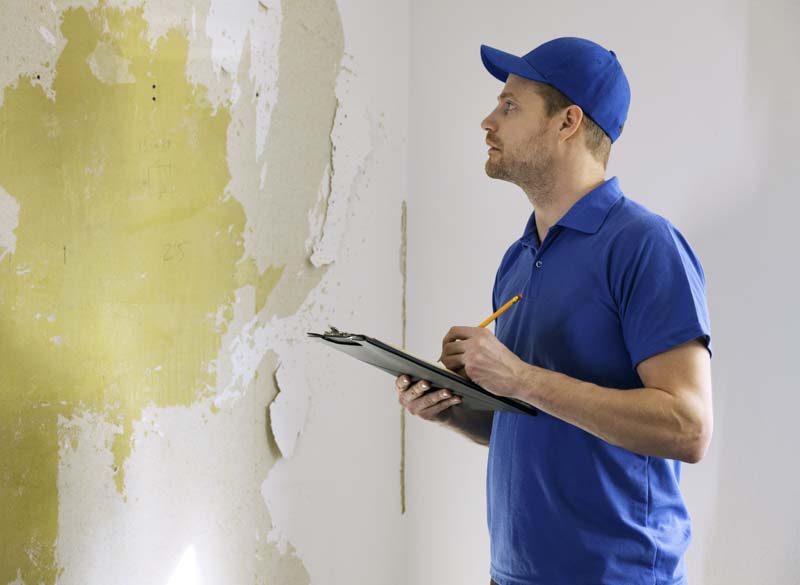

It always pays to get multiple quotes from various contractors and compare prices. With drywall installation, be sure to ask contractors if you can get a price break for DIYing the parts of the job that take less expertise, such as removing old materials.
Most contractors prefer to install panels themselves, especially if they’re bidding on drywall cost per square foot because proper installation makes the job much easier.
Materials Sourcing and Discounts
Drywall professionals can get bulk discounts and contractor prices. If you are experienced, consider having them install the drywall sheets to Level 0 and finish it yourself.
Whether DIYing or hiring a professional, getting material quotes from multiple suppliers can save you money.
Avoiding Common Mistakes
Proper planning will ensure that your remodel or construction project goes smoothly. You’ll save money in the long run by avoiding common mistakes during DIY drywall installation, such as hanging the wrong type of drywall or using the wrong screw spacing.
Looking forward to decorating your new walls? Here’s how to hang heavy pictures on drywall!
5 FAQs About the Costs of Drywall Installation
Are drywall and sheetrock the same?
Technically, Sheetrock© is a genericized brand name that is commonly used. Sheetrock© was invented in 1916 by the United States Gypsum Corporation. Today, “drywall” and “sheetrock” are used interchangeably.
How long does drywall installation take?
Drywall installation times vary depending on the scope of the project. Usually, professionals can install drywall in an average-sized room in one or two days, but factors like the size, the type of finish, and the installer’s experience level influence how long it takes.
Can I install drywall over existing walls?
You can install drywall over existing walls, but it’s often better to remove the old drywall first for several reasons. Here are some reasons to remove existing drywall:
- You’re adding more insulation
- You want to check out structural issues
- You need to conduct mold remediation
- You’re changing wiring or plumbing
How can I ensure transparency in quotes for the cost of drywall installation?
Estimating drywall costs depends on several factors, including the complexity of the project, local labor markets, and contractor experience. Request itemized quotes that break down material and labor costs to ensure transparency in drywall installation quotes.
What factors can affect the final cost of drywall installation?
Drywall installation prices vary depending on several factors, including the following:
- Size of the room or building
- Whether it’s a repair or an installation
- Regional labor market
- Experience of contractor
- Type of finish
- Job location
You may also encounter other factors that influence drywall cost.

